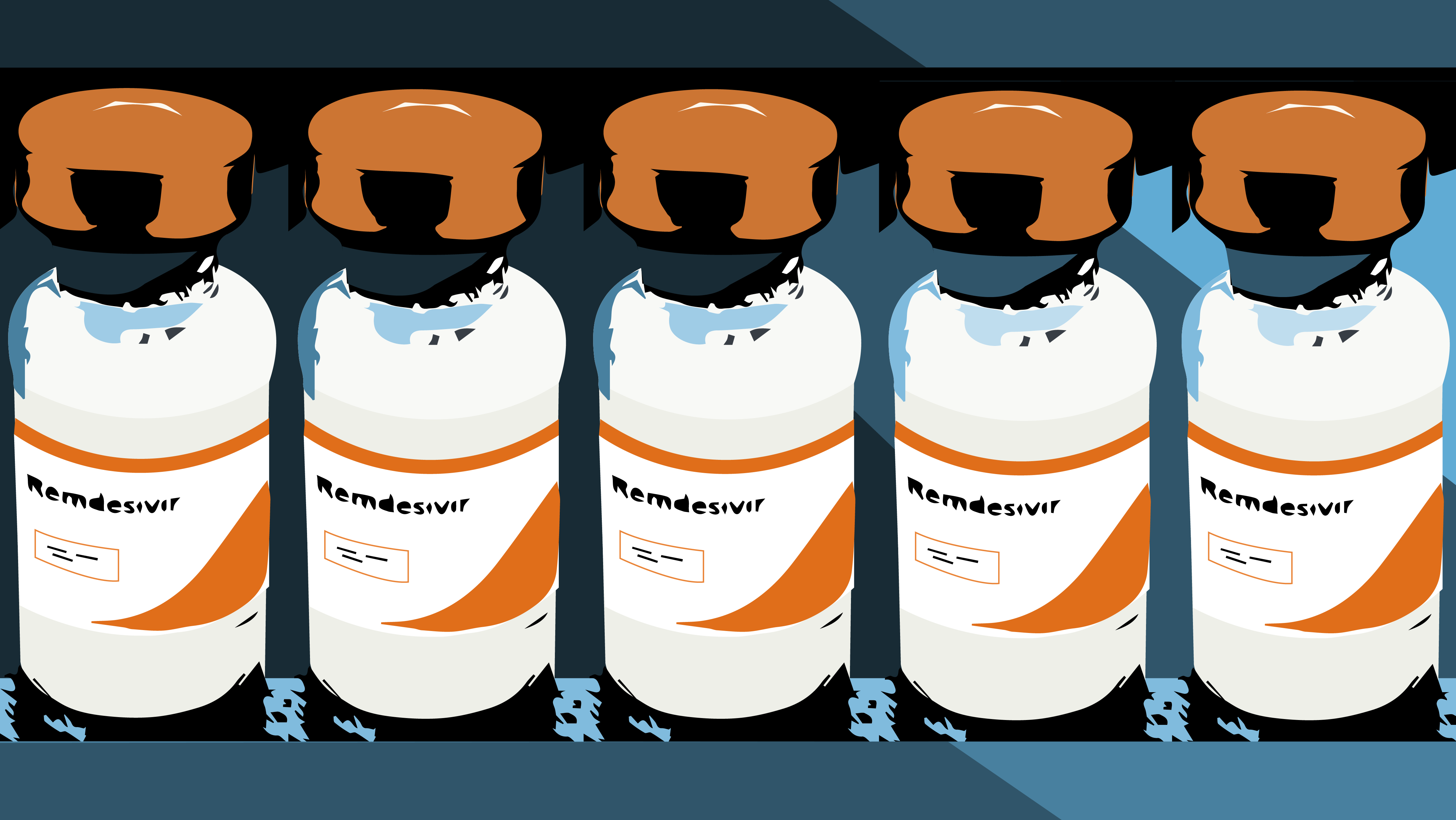Each week, The Daily’s Science & Tech section produces a roundup of the most exciting and influential research happening on campus or otherwise related to Stanford. Here’s our digest for the week of April 26 – May 2.
FDA approves remdesivir for coronavirus treatment
The Food and Drug Administration (FDA) approved the emergency use of the antiviral drug remdesivir for coronavirus patients on May 1 after results from two clinical trials showed promising results.
“These two rigorously done trials provide really the first evidence of the efficacy of any therapeutic for this disease,” Lloyd Minor, dean of the School of Medicine, said in a University town hall on April 29. “I think this is very encouraging in terms of the future.”
The initial findings suggest that remdesivir accelerates recovery time for precariously ill coronavirus patients. The preliminary data from the NIH clinical trial showed that recovery time decreased from 15 to 11 days with remdesivir treatment.
“To at least have something that we can potentially use as a treatment for this virus is very assuring,” infectious diseases professor Aruna Subramanian told Stanford Medicine News. “In the early course of the pandemic, we were all so scared and disheartened by patients going downhill and needing to be on a ventilator for so long. To see that even those people can potentially be turned around is very encouraging.”
Early hormone levels in babies may be linked to autism diagnosis
Lower hormonal levels of vasopressin in an infant’s cerebrospinal fluid may predict autism diagnosis in later development, found a study published on April 27 in “Proceedings of the National Academy of Sciences.”
“When young children aren’t appropriately processing basic social stimuli early in life, it puts their brains on a different developmental trajectory,” Karen Parker, an associate professor of psychiatry and behavioral sciences, told Stanford Medicine News. “If we could identify these children earlier, we could intervene earlier.”
The researchers collected cerebrospinal fluid samples from 33 babies. Findings suggest that babies later diagnosed with autism had significantly lower levels of vasopressin levels compared with babies without an autism diagnosis. In previous research, the team has shown giving vasopressin to children with autism can help improve their social ability.
“If we could intervene when kids still look at faces, smile and respond to their names, that could potentially change the trajectory of the disorder,” Parker told Stanford Medicine News.
Immunotherapy targets pediatric brain tumors
In mice models, chimeric antigen receptor T-cells (CAR-T cells), can recognize and attack pediatric brain tumors by identifying a protein marker that is specific to tumors, according to a study published on April 27 in “Nature Medicine.”
“Our most exciting finding was how effective the CAR-T cells were,” postdoctoral research fellow Johanna Theruvath told Stanford Medicine News. “They were extremely effective at eliminating all the tumors. We hope this finding will translate into people.”
The team also found that administering CAR-T cells to the brain’s cerebrospinal fluid resulted in lower cytokine levels. A high amount of cytokines can cause swelling, which can damage the brain.
“One of our big findings is that if we want to get the T-cell to the brain tumor, we should just put it in the brain,” pediatrics and medicine professor Crystal Mackall told Stanford Medicine News. “It’s kind of simple, but it was remarkable to see how powerful that simple maneuver is in terms of making the therapy more effective. You need about 10 times fewer CAR-T cells to cure the tumor than if you give the cells via a vein; and with fewer cells, there was less toxicity.”
Early next year, the researchers are hoping to conduct clinical trials using CAR-T cells in adult patients with glioblastoma.
Contact Derek Chen at derekc8 ‘at’ stanford.edu.
